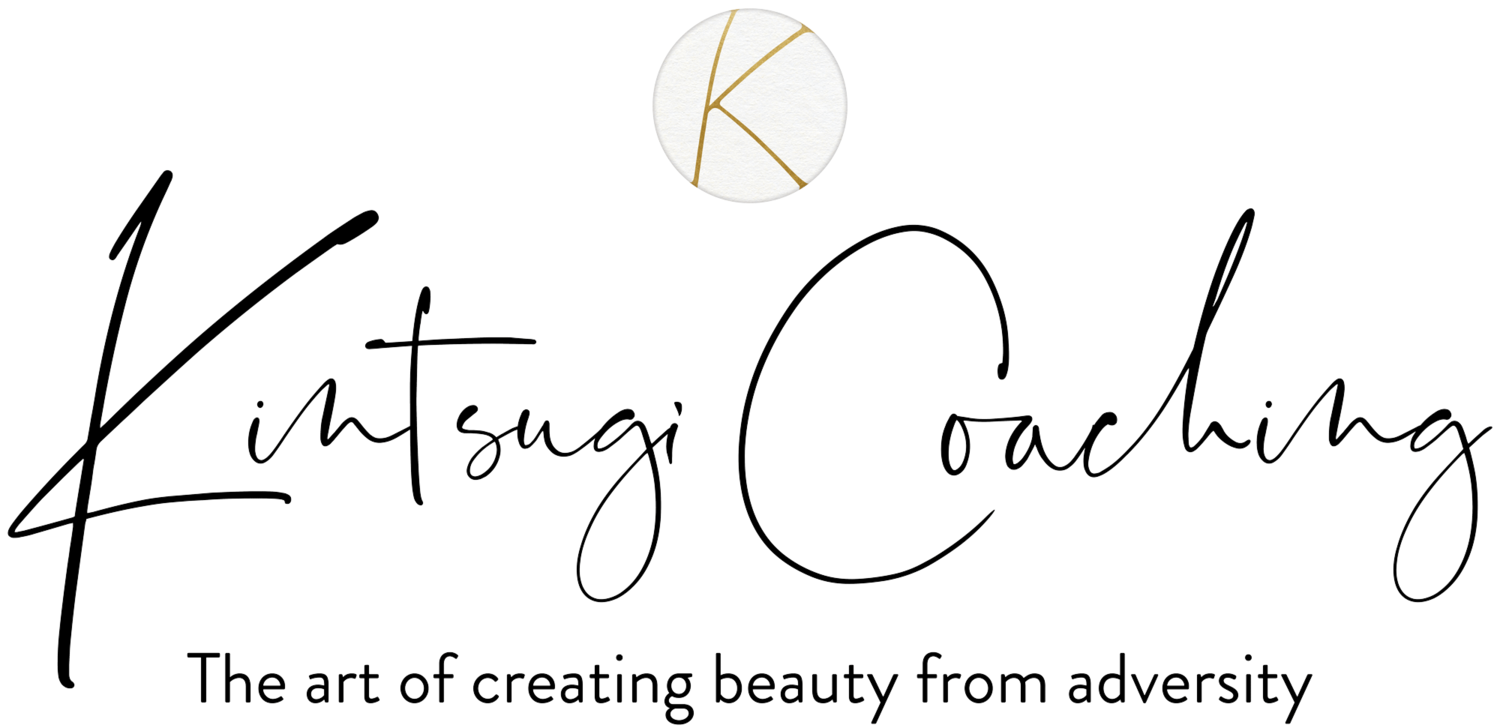The Story of Your Life
AN OBJECTIFIED ME.
I need that myself
to help the other separate the viewer
and the viewed
which subjectivity’s mirror
fuses;
someone
for a short time
to wear my problem so that unburdened
I
may
save
my soul.*
I love stories. I love listening to them, reading them, telling them. I am privileged, in my work, to listen to the life stories of my clients: sometimes horrific, frequently amazing, and always interesting, each life story is uniquely fascinating.
I’m frequently asked how I can sit and listen to all these stories, the subtext being: listen to all these sad stories. And the answer is, I don’t listen to these stories as consumer: I listen for patterns. I listen for what is missing, and for what wants to happen. And, while the events may be sad, the possibility for healing and wholeness is anything but.
I recently began watching the phenomenal series, The Queen’s Gambit, about a young chess savant who sees the overarching patterns and moves of the game on a shadowy, living chessboard on her bedroom ceiling. She sees the bigger picture: the arc of the game beyond its individual moves. Leaning into this intuitive ability, everything becomes quick and clear.
Likewise, as I listen to my clients, I can see the pieces in my mind moving and shifting like pieces of a puzzle. There comes a moment when the pieces fit together and form a meaningful picture. I see how the events and the emotions and the reverberations of it all come together in a way that makes complete sense.
We are hard-wired to connect the dots. We want the difficult events of our lives to make sense and have meaning. It can be difficult, if not impossible, however, to see the connections and patterns and meaning when we are in the middle of the muddle. This is where the value of having an “objectified me” comes in: someone who can help you to connect the dots and see that however painful or crushing or shameful your experiences are, they are also meaningful and important. It fits into the whole. It’s part of your unique and precious life and in complete context, it all makes sense.
I named my practice Kintsugi Coaching because kintsugi is the art of picking up the broken pieces, finding the pattern, and putting it all back together in a mindful, honoring way, mending and highlighting the broken places with pure gold. For me, that gold is meaning and purpose. Kintsugi elevates the broken places, believing that they make the piece (or the person) more interesting, valuable and beautiful.
Sharing our stories and having them received is a deeply healing, connective experience. It connects us to each other and to our Selves. Reflecting on our stories with someone who has perspective and can see a larger arc of meaning can be life-changing.
Whatever the broken pieces of your story — loss, divorce, illness, a painful past (or present) — you can emerge transformed: Unique. Strong. Beautiful. And with a story to tell.
*Poem from This Precipice Garden, by James DePriest
KATE INGRAM, MA, CSBC, is a counselor, Certified Self-Belief Coach, and award-winning author who can’t tell about a trip to the grocery store without making it a story. (She likes this. Her husband, not so much.) Find out more and embrace your story at kintsugicoaching.com.

